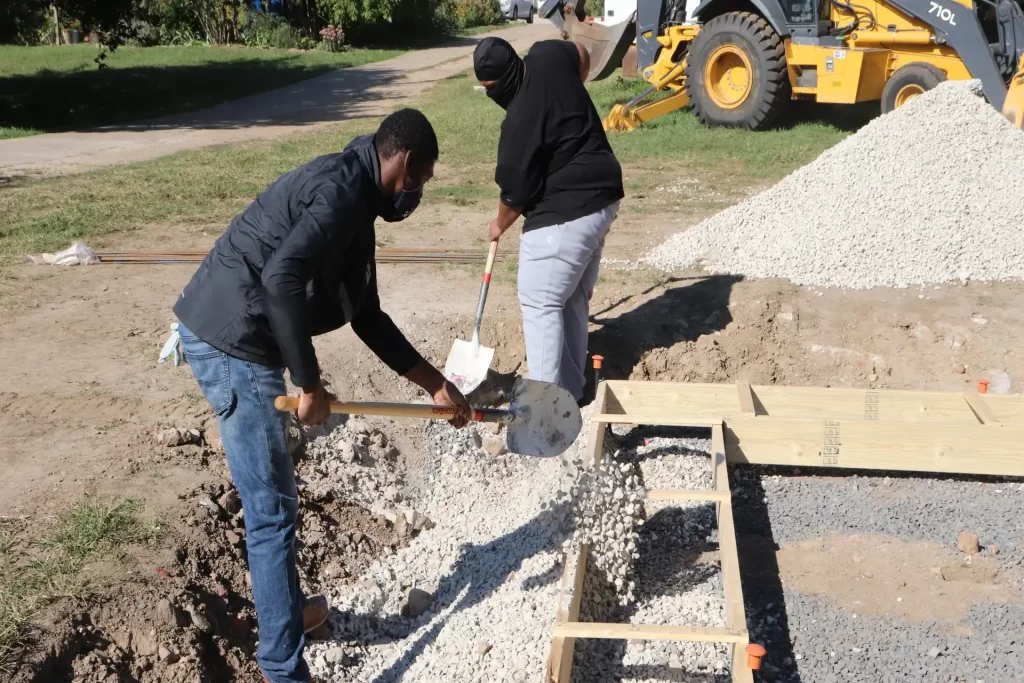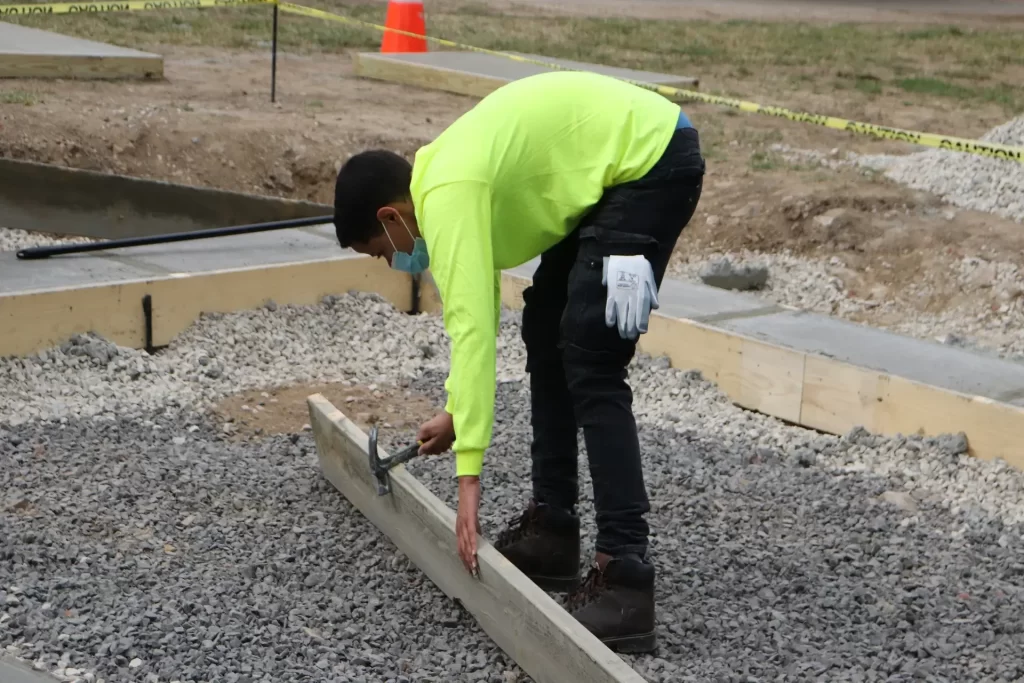The concreting industry is a vital part of the construction sector, which involves the manufacturing, transporting, and placing of concrete in construction projects. Concrete is the most widely used material globally and is known for its durability, strength, and versatility. As a result, the concreting industry has various specializations and career opportunities, ranging from skilled laborers to engineers and project managers.
Concrete finishers are skilled workers responsible for placing and finishing concrete surfaces. They use various hand and power tools to finish concrete surfaces, such as floors, walls, and slabs. Concrete finishers work on multiple projects, including commercial and residential buildings, bridges, and highways.
The duties of skilled workers in the concreting industry include the following:
Concrete finishers ensure the concrete surface is durable, aesthetically pleasing, and safe.
A concrete finisher’s education and training requirements vary depending on the employer and location. For example, some employers may require a high school diploma or equivalent, while others may provide on-the-job training. In addition, some vocational schools and community colleges offer courses in concrete finishing, which can benefit individuals seeking a career in this field.

Concrete pump operators are skilled workers responsible for operating the concrete pump, which transports concrete from the mixing truck to the construction site. Concrete pump operators work on various projects, including high-rise buildings, bridges, and highways.
The duties of a concrete pump operator include the following:
Concrete pump operators also maintain the pump and troubleshoot any problems during operation.The concrete pump operator’s training requirements vary depending on the employer and location. For example, some employers may require a high school diploma or equivalent, while others may provide on-the-job training. In addition, some vocational schools and community colleges offer courses in concrete pumping, which can benefit individuals seeking a career in this field.
Concrete batch plant operators are skilled workers responsible for operating and maintaining concrete batching plants. They ensure that the concrete batching plant is in good working condition and the concrete produced meets the required specifications. Concrete batch plant operators work in concrete plants on construction sites or in remote locations.
The duties of a concrete batch plant operator include the following:
Concrete batch plant operators require substantial training to maintain the batching plant and ensure it complies with environmental and safety regulations.
A concrete batch plant operator’s education and training requirements vary depending on the employer and location. For example, some employers may require a high school diploma or equivalent, while others may provide on-the-job training. In addition, some vocational schools and community colleges offer courses in concrete batching, which can benefit individuals seeking a career in this field.

Construction workers are skilled laborers building concrete structures, such as walls, slabs, and foundations. They work on various projects, including residential and commercial buildings, bridges, and highways.
A concrete construction worker with concrete training includes setting up forms, pouring concrete, and finishing concrete surfaces. Concrete construction workers also use hand and power tools to cut and shape the concrete and operate heavy equipment, such as concrete mixers and pumps. A concrete construction worker’s education and training requirements vary depending on the employer and location.
Opportunities within the concreting industry include working for construction companies, concrete production facilities, and specialized concreting companies. Job titles in this field include concrete finisher, concrete pump operator, formwork designer, concrete tester, concrete repair specialist, decorative concrete installer, and batching plant operator. There are also opportunities to specialize in certain aspects of concreting, such as sustainability or innovation, which can lead to exciting and rewarding career paths. Vocational schools such as PTTI provide training and education to construction apprentices to get experience in the concreting industry.
Read More: